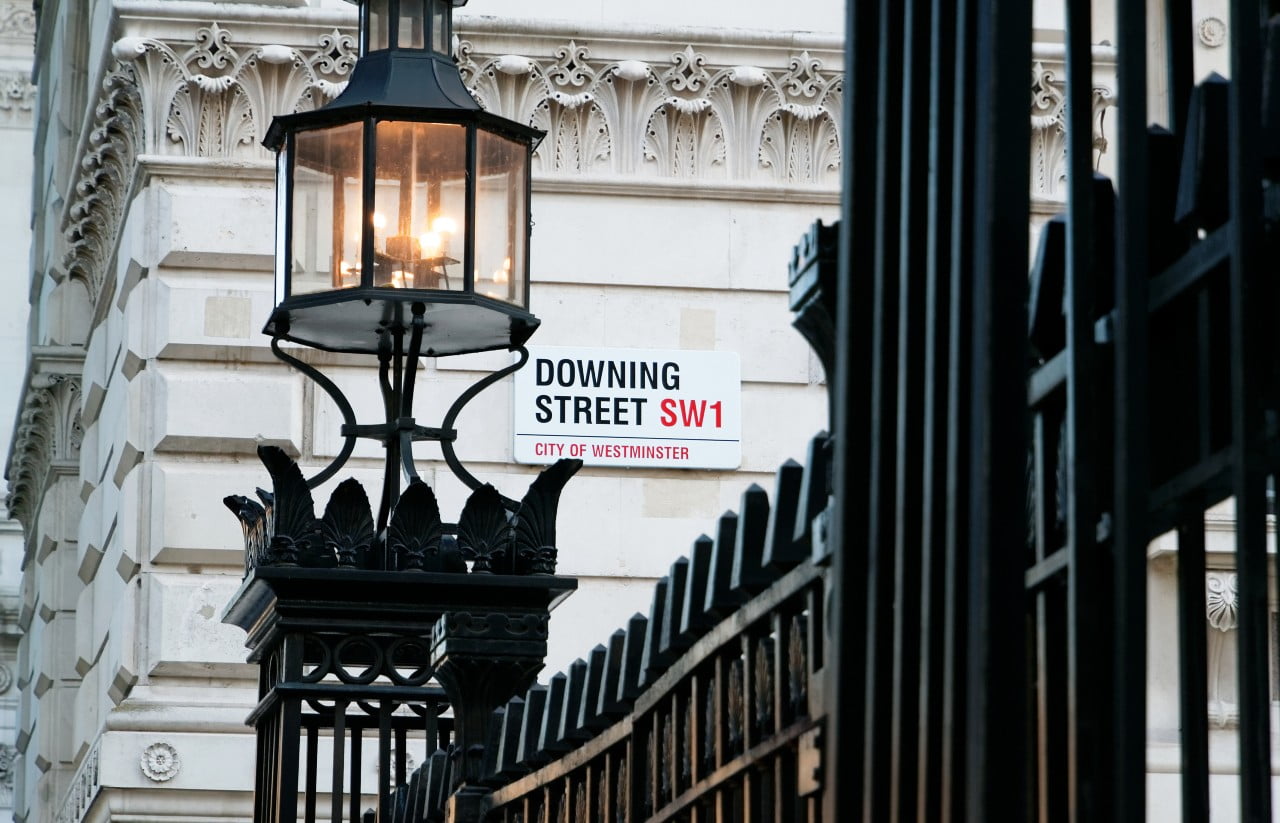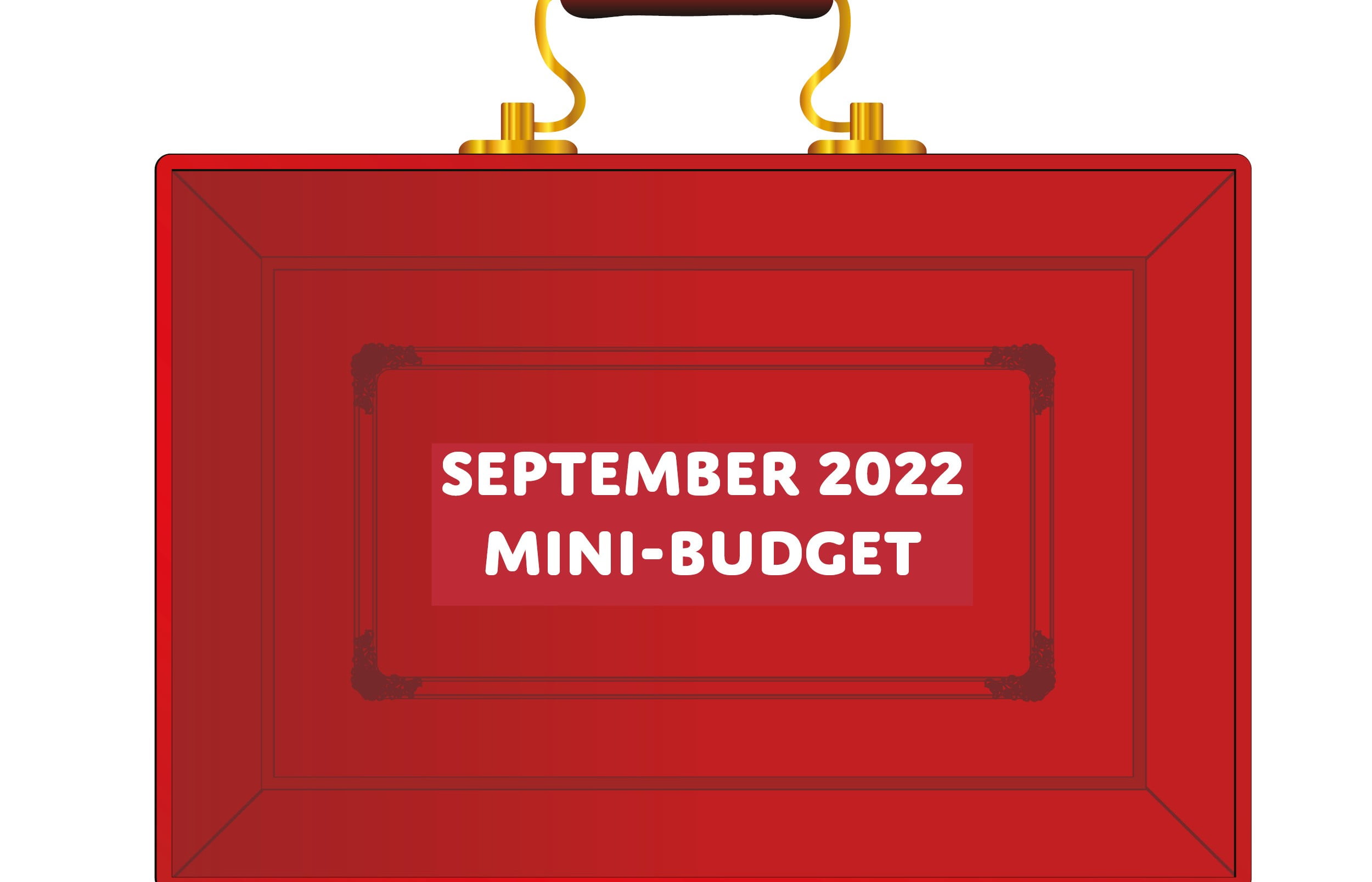On 14 October, as an important deadline loomed for Bank of England support of the government bond markets to expire, the government’s political turmoil ratcheted up as the fallout from the ‘fiscal event’ of 23 September claimed its first scalp.
A new Chancellor
Jeremy Hunt replaced Kwasi Kwarteng as Chancellor, making him the fourth Chancellor in as many months.
Chris Philp, the Chief Secretary to the Treasury, was also sacked. He was replaced by Ed Argar, formerly the Paymaster General and Minister to the Cabinet Office.
Corporation tax
At a press conference (the House of Commons was not sitting), the Prime Minister announced that the planned reversal of the increase to corporation tax would not go ahead. The rise from April 2023 to a main rate of 25%, with reduced rates for companies with profits below £250,000, was legislated for in the Finance Act 2021.
31 October remains the date when the Medium-Term Fiscal Plan will be announced. The Prime Minister said that the £18bn tax savings from the corporation tax reversal was a ‘down payment’ on this strategy. That still leaves a shortfall of about £24bn in 2026/27 stemming from September’s announcement.
Spending, said Liz Truss, would grow ‘less rapidly than previously planned’.
Timetable of reversals
Today’s announcements were the culmination of a series of statements and retractions over the last few weeks:
- On 26 September the previous Chancellor, Kwasi Kwarteng issued an ‘Update on Growth Plan Implementation’ revealing that his Medium-Term Fiscal Plan would be presented on 23 November, alongside a forecast from the Office for Budget Responsibility (OBR).
- The planned abolition of the 45% tax rate announced in September’s ‘mini-Budget’ survived just ten days before being reversed on 3 October.
- Seven days later, on 10 October, the Treasury announced that the Chancellor would bring forward the announcement of his Medium-Term Fiscal Plan from 23 November to 31 October.
This last date for the calendar is one of the surviving elements of Kwasi Kwarteng’s planning which Jeremy Hunt will now take forward.
The next few weeks will be very interesting for many businesses, and individuals, and upcoming announcements may cause you to rethink your short- and medium-term plans. We will be sure to keep our clients and contacts updated as further detail from the government emerges.





